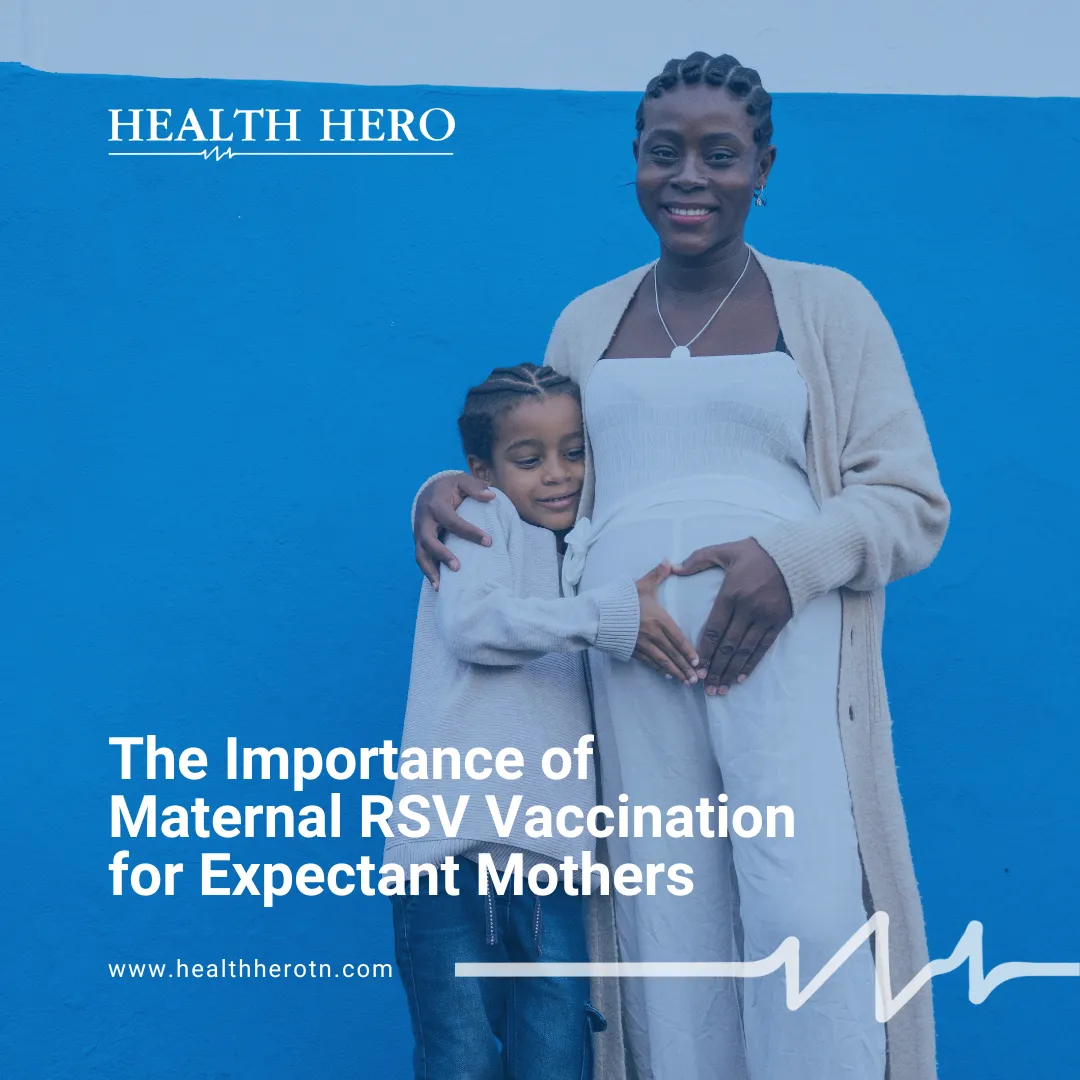Every year in the United States, respiratory syncytial virus (RSV) sends between 58,000 and 80,000 children under the age of 5 to the hospital, with infants facing the highest risks.
RSV is a common respiratory virus that can affect people of all ages. However, it poses a particularly serious threat to those who are pregnant. While in the womb, a baby’s immune system is still developing, making them easily susceptible to various infections. Studies have suggested that the viruses can enter the bloodstream and pass into the placenta. Babies who are born with exposure to RSV are more likely to have lower birth weight, with one study reporting that newborns born to people who had RSV during the third trimester could have some breathing problems related to RSV.
Several advancements have been made in vaccinating people against RSV. This past season marked the first time the U.S. had two vaccines to reduce the risk of contracting RSV. One vaccine targets pregnant individuals, enabling antibody transfer to their infants, while the other, nirsevimab, is a monoclonal antibody directly administered to infants.
But who should get the maternal RSV vaccine? According to CDC guidelines, pregnant individuals who are between 32 and 36 weeks gestation during the peak RSV season, which typically spans from September through January, should receive the vaccine.
The administration of the maternal RSV vaccine is a straightforward process. It involves a single shot into the upper arm of the expectant mother. Only one dose is recommended during pregnancy, and while the necessity of additional doses in subsequent pregnancies is yet to be determined, the initial dose provides significant protection for both the mother and the baby. Studies have shown that babies born to mothers who received the RSV vaccine are at a significantly lower risk of hospitalization due to RSV, with a reduction in risk by up to 57% during the first six months of life.
In clinical trials, pregnant individuals receiving the maternal RSV vaccine commonly experienced side effects like injection site pain, headache, muscle pain, and nausea. It’s important to note that these side effects are generally mild and temporary. Although rare, more serious side effects like pre-eclampsia, a serious high blood pressure condition, occurred slightly more frequently in vaccinated individuals compared to those who received a placebo. Severe allergic reactions to vaccines, though rare, can occur, and immediate medical attention is necessary if symptoms like hives, swelling, or difficulty breathing arise.
Despite these minor risks, steps should be taken to ensure your baby is protected from RSV, including vaccination. If you are unsure about vaccines or have questions, consider talking with your healthcare provider about options and steps you can take to prevent severe RSV.
Sources
CDC: RSV Vaccination for Pregnant People
National Library of Medicine: Respiratory Syncytial Virus Infection (RSV)


